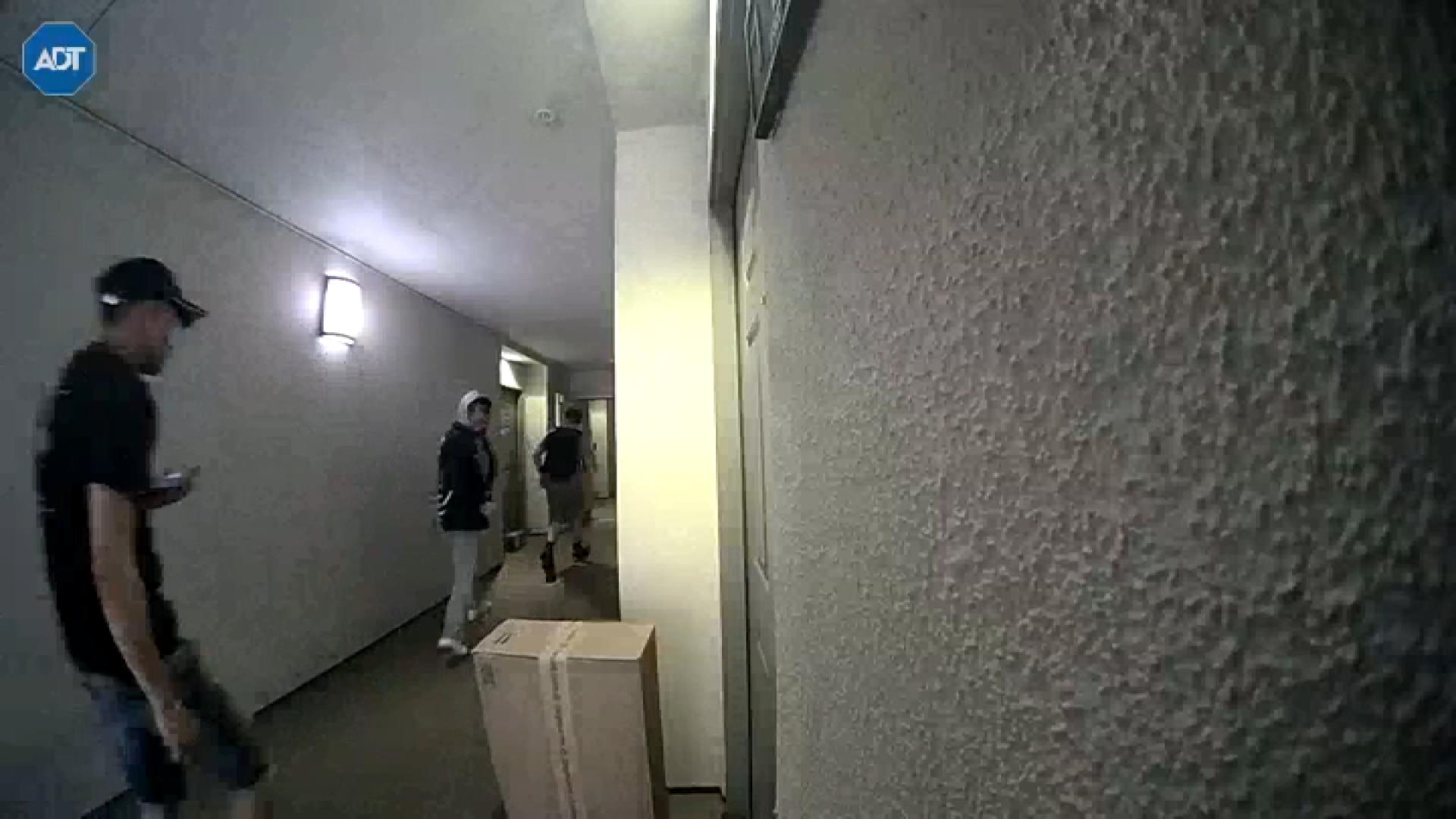Southern California has one of the largest Iranian communities outside of Iran, with hundreds of thousands of Iranians living in Southern California, but there is a segment of that group that has been living in the shadows, living lonely lives, isolated in pain and unable to fully express themselves.
But one family is using its struggle to help others.
The success of "We Do Care" is capturing the attention of Iranian American families all over the country. There is even talk of expanding it to other major cities like New York and Chicago.
Ben Toubia is gay and Iranian American and is part of a community rarely in the spotlight.
"There was no space in my community that I could connect to," Toubia says.
Toubia says he grew up feeling alone. He couldn't fully be himself, not even around the family he loved.
"[There was] no one I could see like me, no stories I was hearing," Toubia shares his isolation. "That part of me felt wrong."
News
Top news of the day
Toubia was split in two. On the outside, he felt he was everything everyone needed him to be. But on the inside, he felt different.
"I felt like a shell," Toubia said. "That led to anger and unhealthy choices. I tried to numb it."
Toubia ended up pulling away from the family who he loved dearly.
"When I found out, I had a very hard time. I just didn't want to believe it," Sima, Ben's mother, says. "In the Persian community, everything is hush, hush, hush."
Even after Toubia told his parents he was gay, the family struggled with it.
Inside the house, they were OK, but that's where their secret stayed. They worried about what other family members, friends and neighbors would say.
"I could see it in their eyes, their attitude. I was still not good enough; there was no room for me," Sima says.
But Toubia and his family never gave up.
"The thought of walking away from my family was never an option," Toubia says.
"I have to educate myself, come around and see what is this gay thing he's feeling," Ben's mother says.
After years of going to therapy, reading books and working to understand each other, they finally reached that point.
"This is who he is," the mother says.
Sima adds, "When you accept a person for who they are, you get closer to them."
Toubia's mother said she didn't want other families to endure the same feelings of pain and isolation that she and her son experienced.
"I have to do something for him. This has to be my thing," she says.
Sima teamed up with Mastaneh Moghadan of Cross Cultural Expressions to create "We Do Care," a first-of-its-kind support group for Iranian American families with LGBTQ children. Moghadan, a social worker, had become a specialist in this community for the last 20 years.
Moghadan says, "I was watching children use drugs, attempting to commit suicide."
"We Do Care" connects children with parents and families with other families, letting them know that they are not alone.
The first session had just four people, now dozens regularly attend the support group, and the group is having an amazing impact on the children who say they can finally be themselves, with parents showing their acceptance at meetings.
"There were tears in their eyes of kids, that they couldn't believe that their parents were there--alongside them," Moghadan says.
It's taking some families just months to reach the same level that it took years for Toubia and his mother to reach.
Love and perseverance transformed pain into pride.
"I'm so proud," Sima says, sitting next to her son. "He's a wonderful human being."
"We found our way through it," Toubia says, hoping that his experience can be an example that can help others. "If we can be an example for anyone else, then great."



